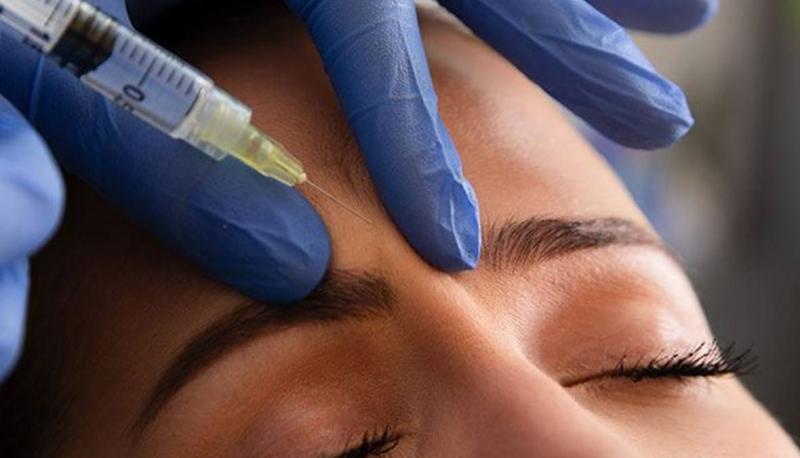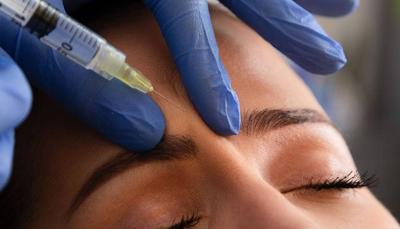Botox, considered one of the most common cosmetic techniques, may have a new use added to its list of applications. A group of Australian researchers is conducting trials aimed at using Botox to treat seasonal allergies, specifically the runny nose it causes. The early trials have reported positive results in this area, according to what was published on Doctissimo.
**How do seasonal allergies manifest?**
Seasonal allergies primarily present themselves through a runny nose, sneezing, and watery eyes. They can also lead to sleep disturbances and a decreased ability to concentrate.
**What are the uses of Botox?**
Botox injections contain the toxin responsible for botulism and are primarily used in the cosmetic field to prevent and reduce wrinkles by paralyzing specific facial muscles that cause them. Notably, Botox first received approval from the U.S. Food and Drug Administration for the treatment of muscle spasms around the eyes. In the new study and trials, the Botox molecules have been reprogrammed to enter the body through the skin and sinuses. During the trials conducted in Australia, Botox is applied topically to the nose to show efficacy on the nerves responsible for the symptoms associated with seasonal allergies.
Countries such as the UK and the US have allowed its use to combat pain associated with chronic migraines. Additionally, since 2011, Botox has been used in France and the United States to treat urinary incontinence, a condition that does not show effectiveness with medications and can occur due to multiple sclerosis. However, in this case, the choice between the two treatment methods depends on the side effects of each, such as dry mouth from medications and the risk of urinary tract infections from Botox, as indicated by a recent study published in the New England Journal of Medicine.
Currently, another common usage of Botox is to combat excessive sweating via injections under the armpits to reduce secretions. Many people who suffer from overactive sweat glands resort to this to avoid embarrassment. Medically, Botox is also sometimes used for those suffering from teeth grinding or involuntary jaw clenching at night.




